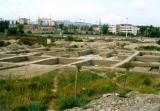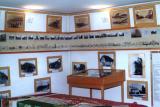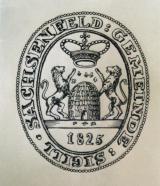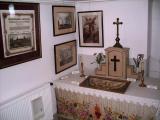2025. April 29. Tuesday
Albertfalva Region History Collection and School Museum - Budapest
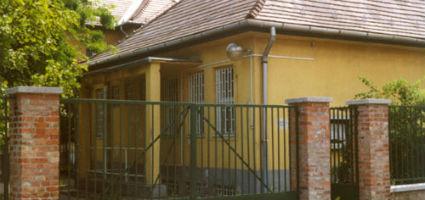 |
Address: 1116, Budapest Pentele utca 8.
Phone number: (1) 208-6635
Opening hours: Tue, Thu 16-18
(Closed in school breaks) |
The name of the school had not come about up by accident, for down to 1848 it was well known that the majority of Albertfalva belonged to the group of Kossuth-supporters. This spirit penetrated the work of the school; this gave energy to both teachers and students to ever bring high quality into their work.

